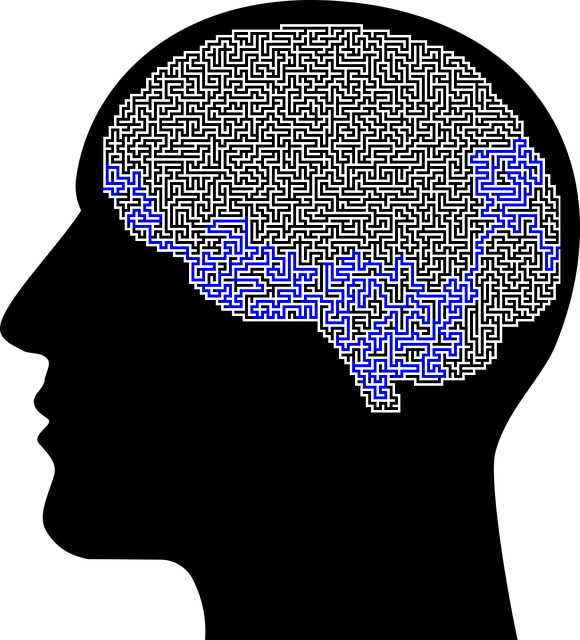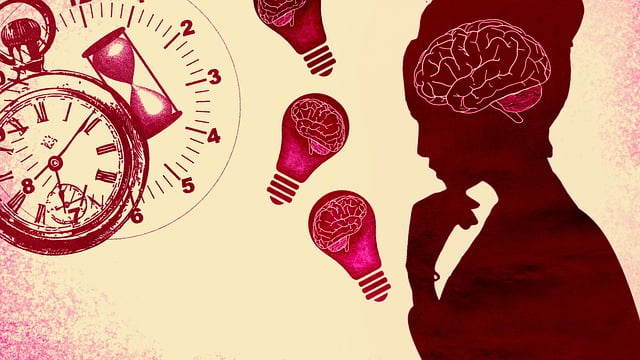Mood regulation is key to fostering self-esteem in young adults facing academic pressures, social expectations, and personal aspirations. Therapy for young adults offers safe spaces to process emotions, identify triggers, and learn evidence-based strategies like cognitive-behavioral therapy (CBT) to manage stress and enhance self-esteem through emotional resilience. CBT focuses on changing negative thought patterns, mindfulness meditation cultivates self-awareness, and lifestyle adjustments like healthy eating, hydration, exercise, and sleep support mood stability. Social connections are vital for mood regulation, offering a buffer against depression and anxiety, and reducing stigma encourages healthier coping mechanisms.
Mood regulation is a cornerstone of emotional well-being, especially for young adults navigating the complexities of personal growth and self-discovery. This article explores various strategies designed to empower individuals in managing their moods effectively. From understanding the foundational link between mood regulation and self-esteem to delving into evidence-based therapies like Cognitive Behavioral Therapy (CBT), we provide a comprehensive guide. Additionally, we discuss mindfulness practices, lifestyle modifications, and the transformative power of social connections in fostering emotional resilience.
- Understanding Mood Regulation: The Foundation of Self-Esteem for Young Adults
- Cognitive Behavioral Therapy (CBT): A Powerful Tool for Managing Emotions
- Mindfulness and Meditation Practices for Enhancing Emotional Balance
- Lifestyle Modifications: Diet, Exercise, and Sleep for Stable Moods
- Social Connections and Support Networks: Building Resilience Through Relationships
Understanding Mood Regulation: The Foundation of Self-Esteem for Young Adults

Understanding Mood Regulation is a cornerstone for fostering self-esteem in young adults. In today’s fast-paced world, navigating the challenges of academic pressures, social expectations, and personal aspirations can be overwhelming, often leading to stress and anxiety that, if unaddressed, may evolve into more profound mental health issues such as depression or burnout. Young adults who struggle with regulating their moods are at a higher risk of developing low self-esteem, making it essential for them to learn effective strategies for mood management.
Therapy for young adults plays a pivotal role in this process by providing safe spaces for processing emotions and identifying triggers that contribute to mood dysregulation. Through evidence-based practices, such as cognitive-behavioural therapy (CBT) or trauma support services tailored to their needs, individuals can develop coping mechanisms to manage stress, prevent burnout, and enhance self-esteem. By learning to recognize and alter negative thought patterns, young adults gain the tools needed for better emotional resilience, thereby improving their overall well-being and quality of life.
Cognitive Behavioral Therapy (CBT): A Powerful Tool for Managing Emotions

Cognitive Behavioral Therapy (CBT) has emerged as a powerful tool for managing emotions and regulating mood, making it an increasingly popular therapy for young adults. This form of therapy focuses on identifying and changing negative thought patterns and behaviors that contribute to emotional distress. By understanding how thoughts, feelings, and actions are interconnected, CBT empowers individuals to gain control over their emotional responses.
For those struggling with self-esteem issues, CBT offers a structured approach to self-esteem improvement. Through mindfulness meditation techniques taught in CBT sessions, young adults can learn to observe their thoughts without judgment, fostering a greater sense of self-awareness. Mental health education programs designed around CBT help individuals recognize unhelpful cognitive distortions and replace them with more realistic and positive thinking patterns. This process not only enhances emotional well-being but also builds resilience, enabling young adults to effectively navigate life’s challenges.
Mindfulness and Meditation Practices for Enhancing Emotional Balance

Mindfulness and meditation practices have emerged as powerful tools for enhancing emotional balance, especially in the context of therapy for young adults. These ancient techniques focus on training the mind to be fully present in the moment, cultivating awareness of thoughts and emotions without judgment. By regularly engaging in mindfulness exercises, individuals can develop a stronger sense of self-awareness and better understand their emotional responses. This, in turn, facilitates improved emotional healing processes and regulation, which are crucial components for building self-esteem.
Incorporating meditation into daily routines allows for the cultivation of emotional resilience. Through focused breathing and mental visualization, young adults can learn effective communication strategies to manage stress and anxiety. By quieting the mind and observing thoughts without reaction, individuals gain a greater sense of control over their emotions, enabling them to navigate life’s challenges with more composure and confidence. This practice not only enhances overall well-being but also serves as a foundational skill for personal growth and self-improvement.
Lifestyle Modifications: Diet, Exercise, and Sleep for Stable Moods

Maintaining a stable mood is integral to overall well-being, and for young adults navigating life’s challenges, adopting certain lifestyle modifications can be transformative. Diet plays a significant role in mental health; incorporating nutrient-rich foods and staying hydrated can positively impact mood regulation. Regular exercise, known to boost serotonin levels, offers an effective stress management strategy. Even short bursts of physical activity throughout the day can significantly enhance one’s outlook.
Additionally, prioritizing sleep is crucial for emotional stability. Establishing a consistent sleep schedule allows the body to restore and rejuvenate, leading to improved self-esteem and mental clarity. These lifestyle changes, often overlooked in therapy for young adults, are accessible components of self-care. By integrating healthy habits, individuals can empower themselves to better manage stress and foster a positive sense of self through enhanced mental health awareness and self-awareness exercises.
Social Connections and Support Networks: Building Resilience Through Relationships

Social connections and support networks play a pivotal role in mood regulation for young adults. Building strong relationships can significantly enhance resilience against mental illness, including depression and anxiety. Therapy for young adults often emphasizes the importance of social support as a key component in healing and maintaining emotional well-being. These connections provide a safe space to express feelings, seek guidance, and gain perspective, all of which contribute to stress reduction methods and, ultimately, depression prevention.
Nurturing these relationships and participating in stigma reduction efforts can foster an environment where individuals feel understood and accepted. This, in turn, boosts self-esteem and promotes healthier coping mechanisms. By engaging in meaningful social interactions, young adults can develop a sense of belonging and purpose, which are essential for managing and overcoming mental health challenges.
Mood regulation is a vital skill for young adults aiming to boost self-esteem and overall well-being. By combining cognitive behavioral therapy, mindfulness practices, lifestyle adjustments, and robust social support networks, individuals can effectively navigate their emotional landscapes. These strategies empower young adults to manage stress, process emotions healthily, and foster positive relationships, ultimately enhancing their ability to thrive in today’s challenges.








